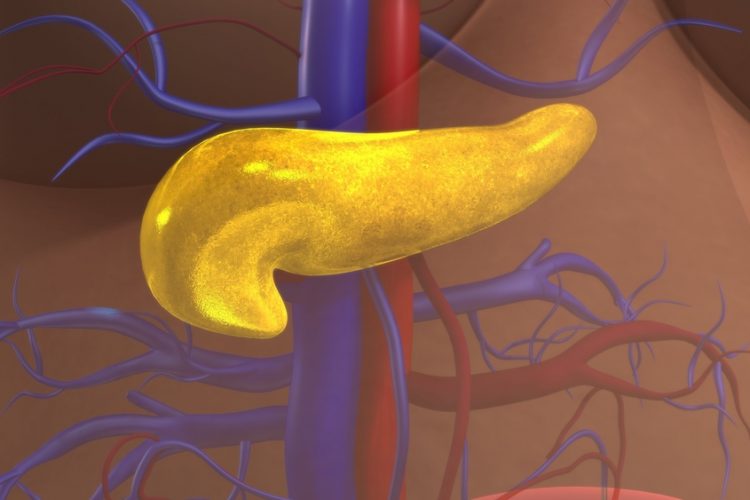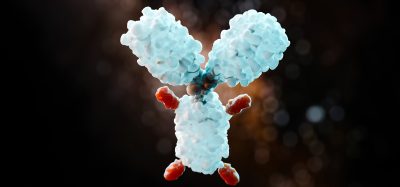Metastasis-preventing drug target for pancreatic cancer identified
Posted: 13 August 2020 | Victoria Rees (Drug Target Review) | No comments yet
A protein called PPP1R1B has been revealed as a drug target for pancreatic cancer as it stopped the metastasis of tumours in mice.


Scientists have uncovered a novel drug target that stops the metastasis of fatal pancreatic cancer in mice. The researchers say the target, a protein called PPP1R1B, could be the first step towards a potential treatment for one of the deadliest cancers. The study was conducted at Sanford Burnham Prebys Medical Discovery Institute, US.
“Our study uncovers a protein, called PPP1R1B, that is completely new to pancreatic cancer researchers and that drives tumour metastasis, the major reason the cancer is so lethal,” said Dr Anindya Bagchi, senior author of the study. “With this proof-of-concept data, we can start drug screens that identify an inhibitor of PPP1R1B, which, if successful, may help more people survive pancreatic cancer.”
In the study, the scientists investigated how pancreatic cancer responds to oxygen deprivation (hypoxia). Cancer researchers have previously suggested that pancreatic cancers are able to thrive in such a harsh environment due to an increased production of hypoxia inducible factor 1 alpha (HIF1A), a gene triggered by hypoxia that can stimulate tumour growth. Drugs that inhibit HIF1A are being explored for many hypoxic cancers, but until now the protein’s role in pancreatic cancer was unclear.
The scientists created mice with pancreatic tumours that do not produce HIF1A. They expected that removing this protein would be beneficial and allow the mice to become cancer free. However, they found that these mice had more aggressive tumours with more invasion into nearby organs, greater metastasis and shorter survival times.
“Our original hypothesis was that if we remove HIF1A, a supposed driver of tumour survival, growth should be delayed or we should be curing the cancer,” said Bagchi. “Instead, we got the exact opposite results. When we saw this, we knew that we may have hit something really interesting and needed to nail down exactly why we are seeing this effect.”
The researchers then discovered that these mice had increased levels of a protein called PPP1R1B. When they removed the gene that codes for this protein, the mice had fewer metastases, suggesting that a drug that inhibits the protein would stop pancreatic cancer from spreading.
“Our data also showed that tumour samples from people with metastatic pancreatic cancer had increased levels of PPP1R1B, adding further evidence that the protein has therapeutic potential,” said Dr Ashutosh Tiwari, first and co-lead author of the study. “Elevated levels of PPP1R1B have also been found in colon, lung and prostate cancers and might also be seen in other hypoxic tumours, so an inhibitor may have benefits beyond pancreatic cancer.”
Next, the scientists plan to start drug screens that seek to identify compounds that inhibit PPP1R1B. These activities will take place at the Institute’s Conrad Prebys Center for Chemical Genomics.
The results were published in Gastroenterology.
Related topics
Drug Targets, Oncology, Protein, Proteomics, Research & Development, Targets
Related conditions
Pancreatic cancer
Related organisations
Sanford Burnham Prebys Medical Discovery Institute
Related people
Dr Anindya Bagchi, Dr Ashutosh Tiwari








